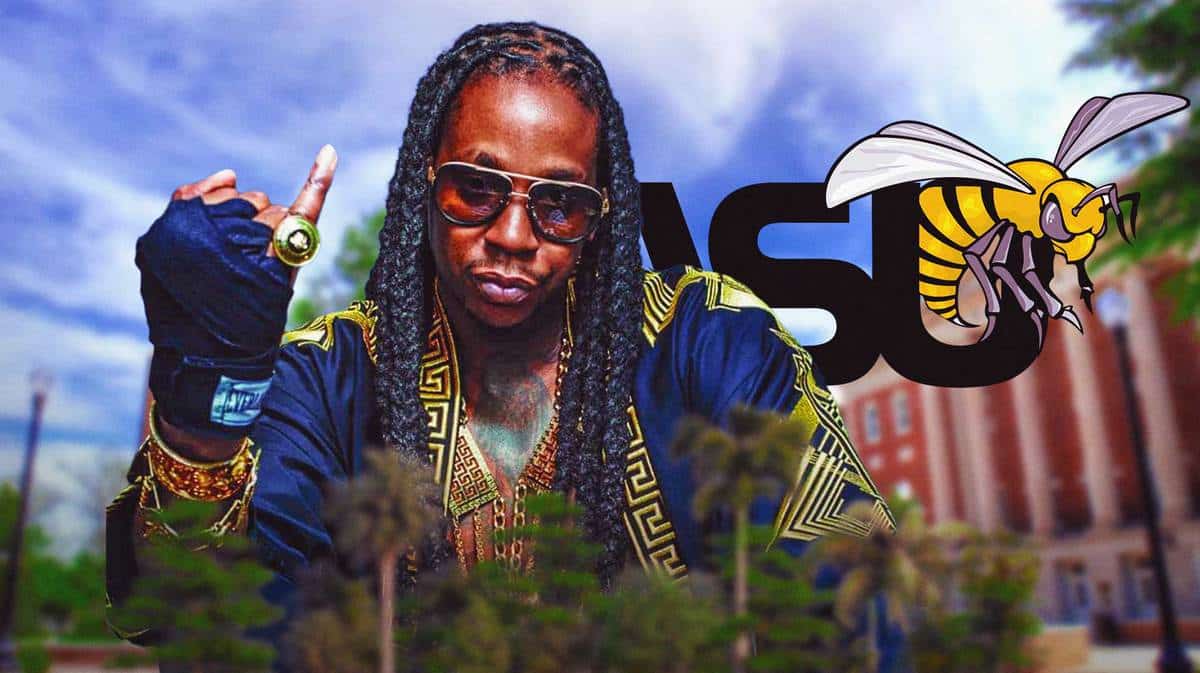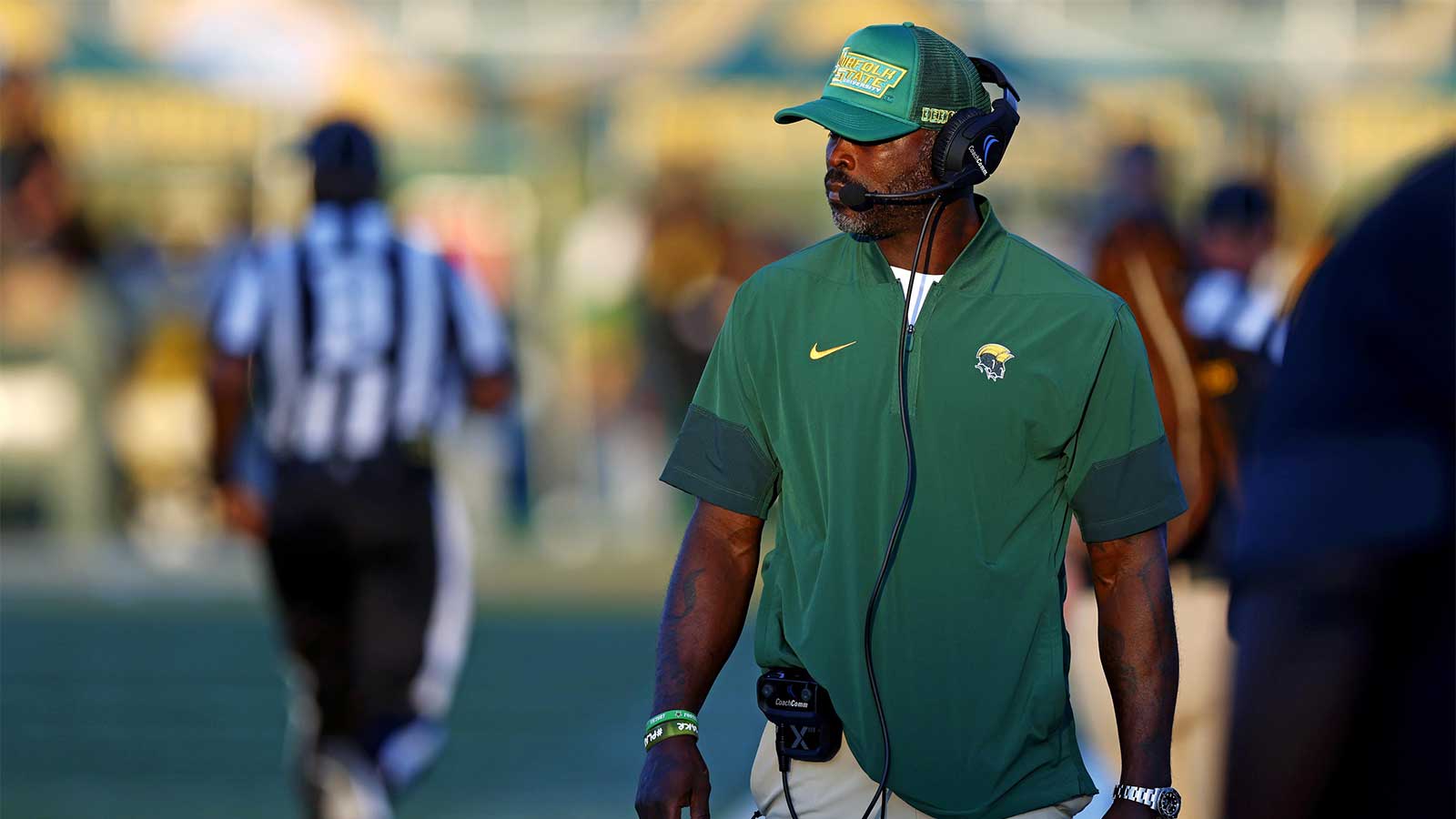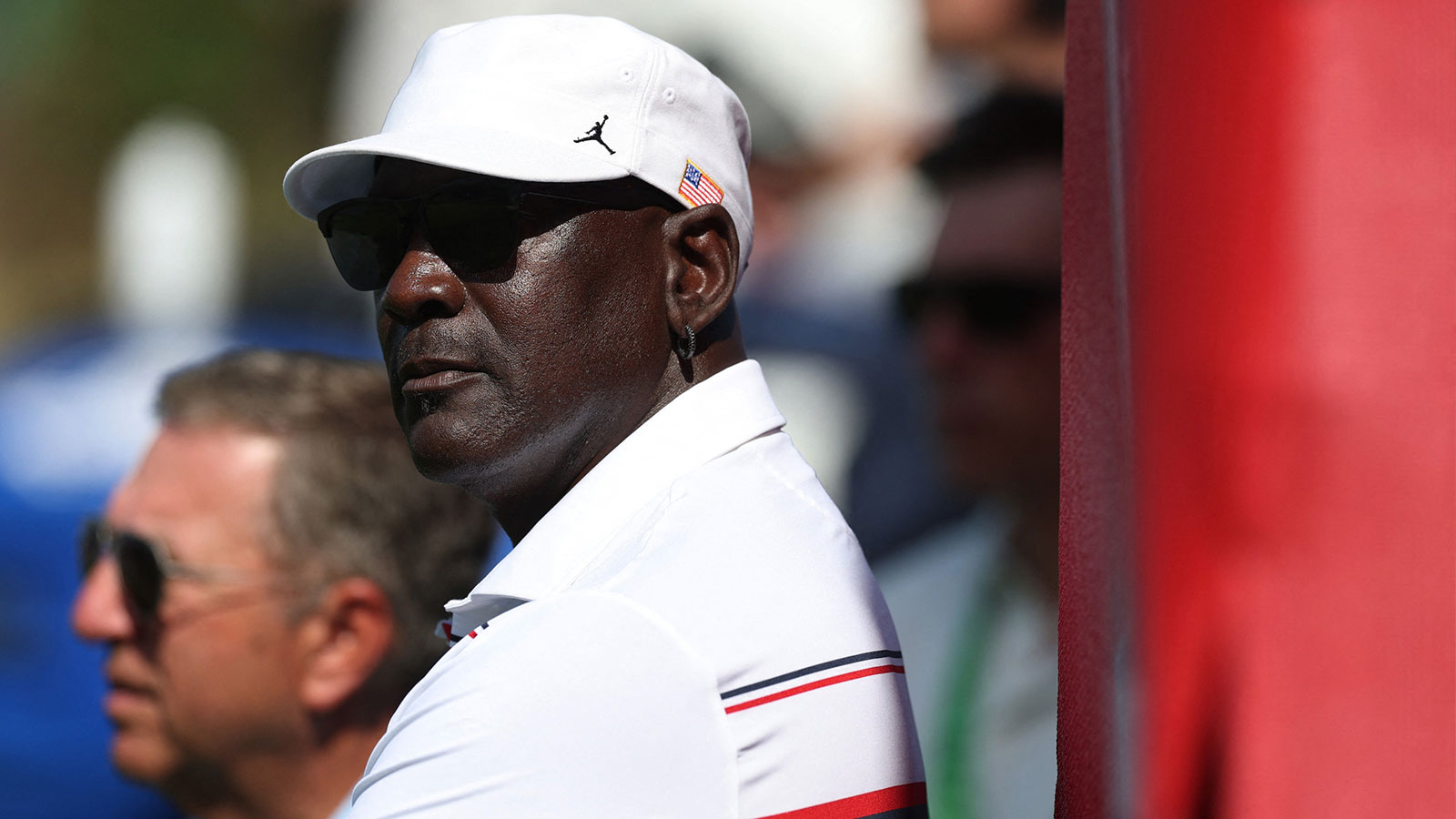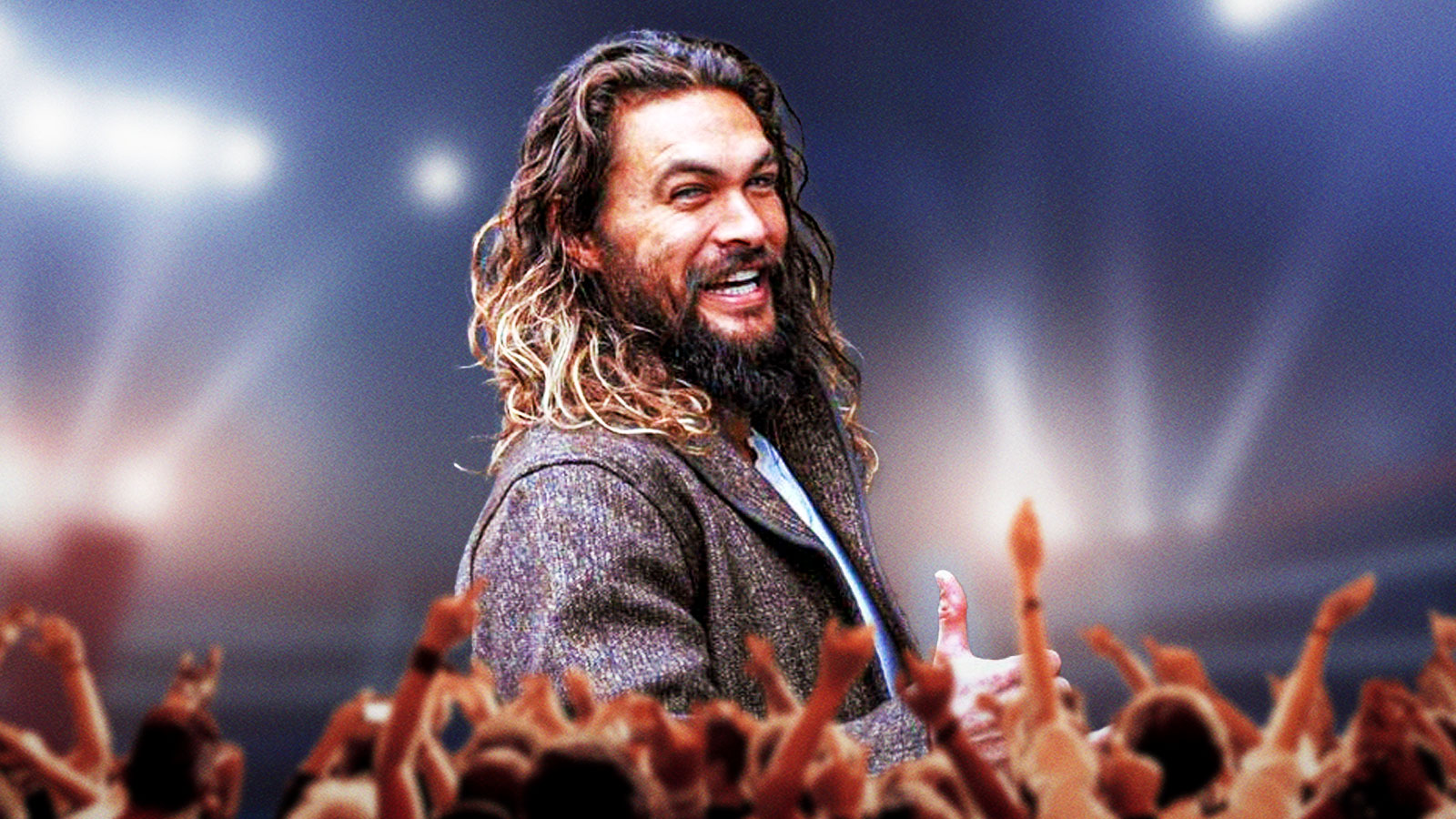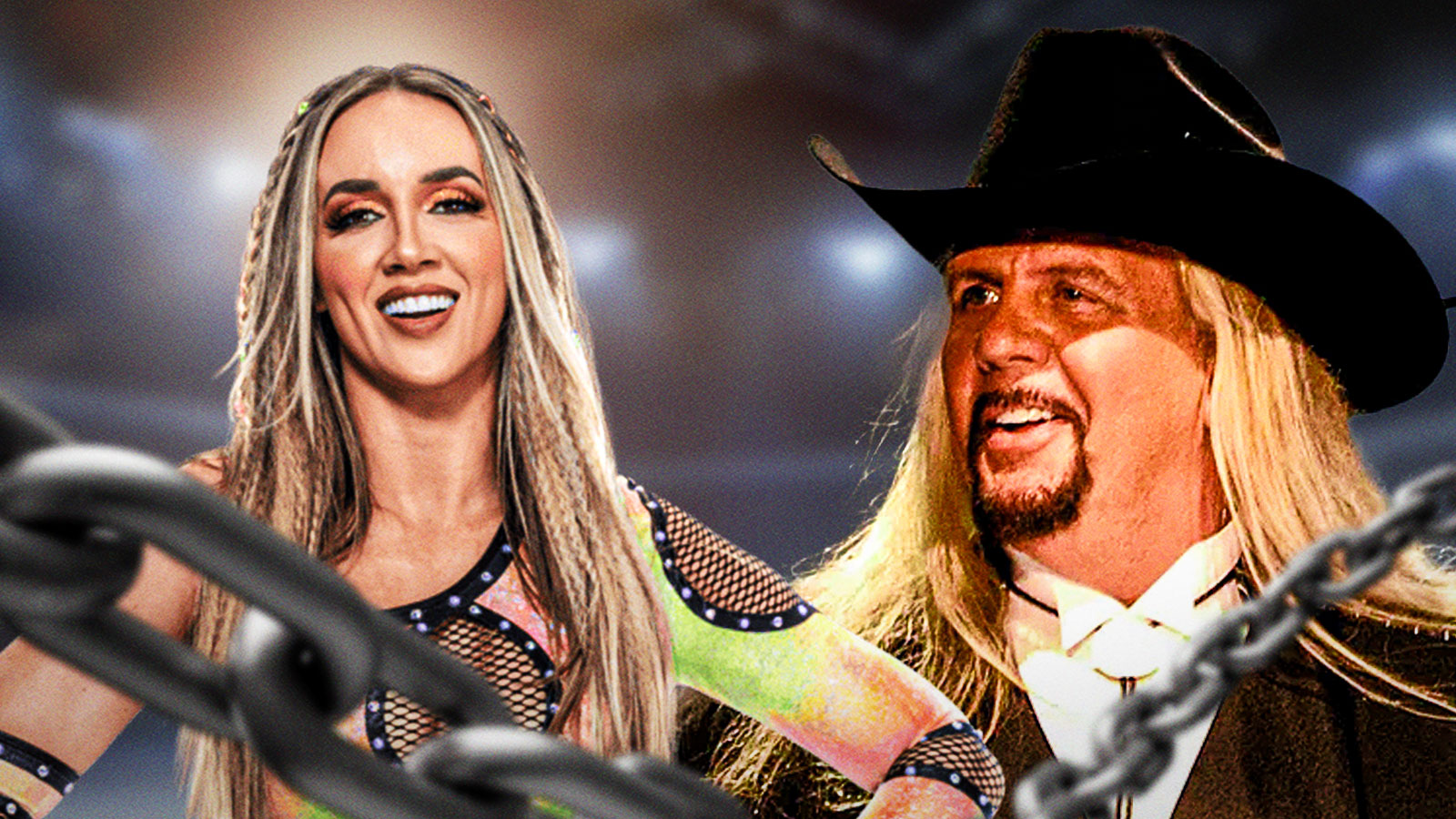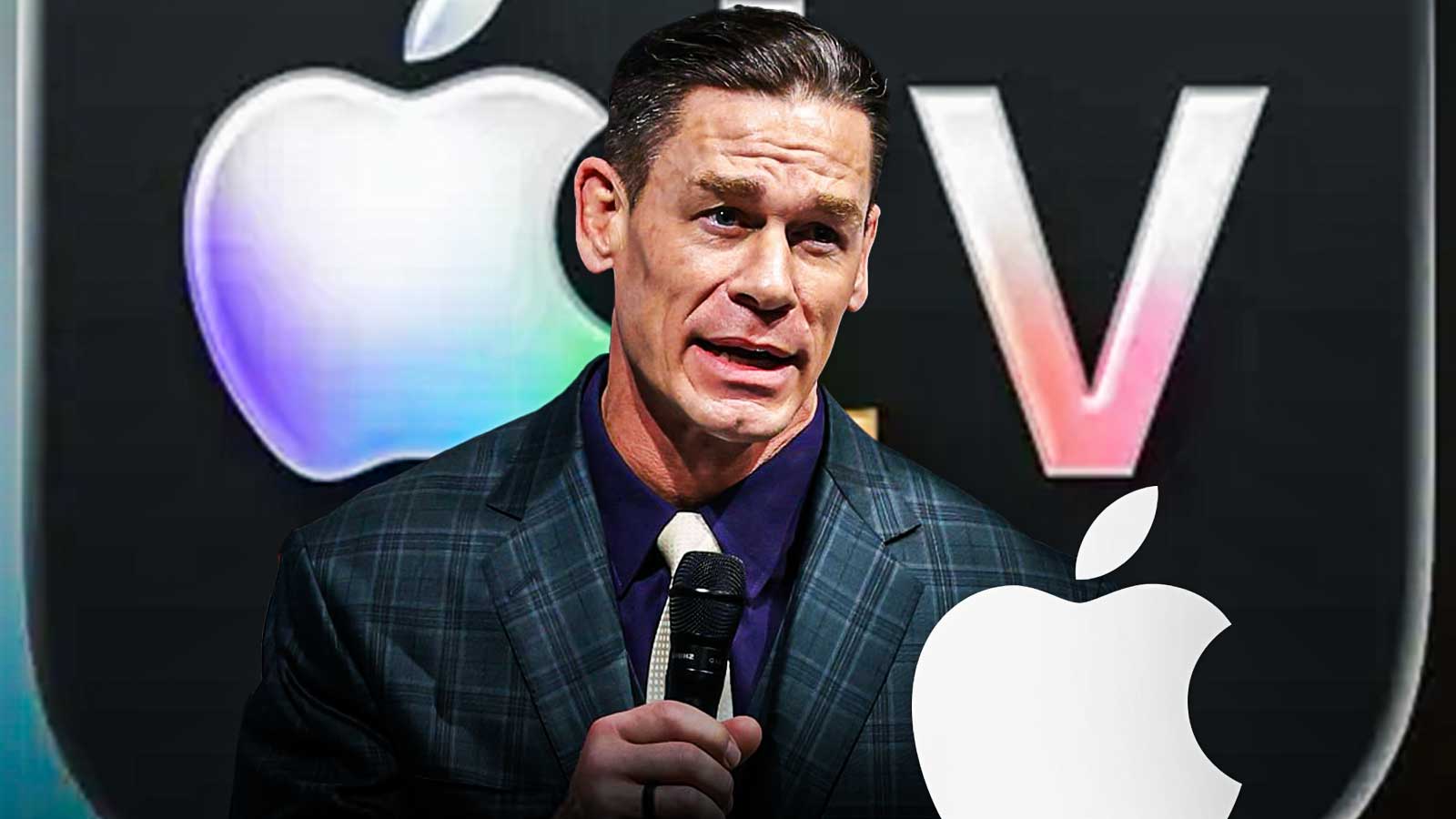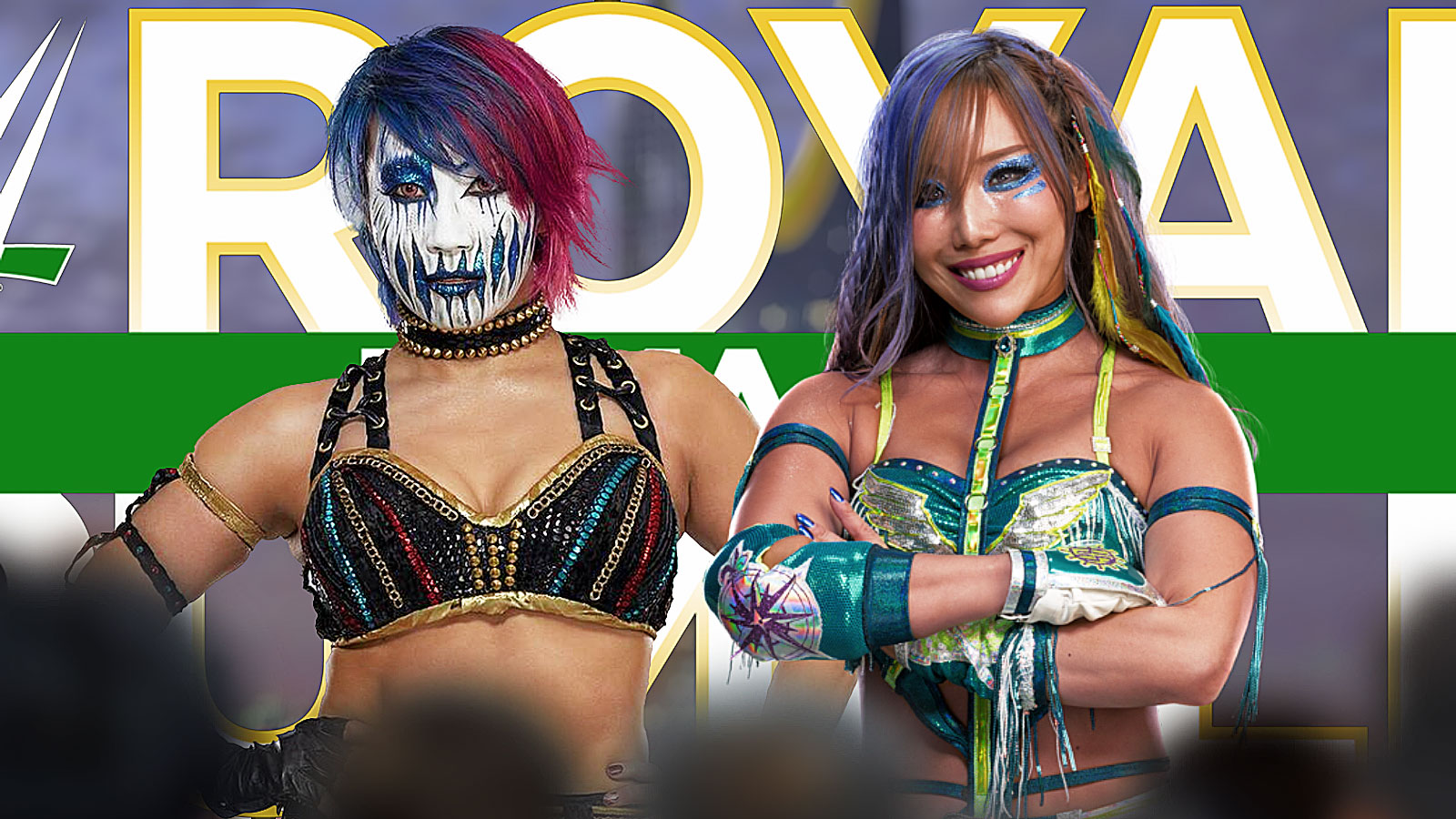In a recent interview with BBC, Sheryl Crow didn't hold back her criticism of Drake's controversial use of artificial intelligence (AI) to replicate Tupac Shakur's voice on a diss track aimed at Kendrick Lamar, Complex reports. Crow, who is gearing up for the release of her new album “Evolution,” focused on the ethical implications of AI, particularly in the context of music.
Crow expressed deep offense at Drake's decision to digitally resurrect Tupac's vocals, referring to the incident as disrespectful to the deceased rapper and his legacy. The song in question, “Taylor Made Freestyle,” sparked immediate backlash from Tupac's estate, resulting in a cease-and-desist order that forced its removal from circulation. Despite the song's removal, Crow emphasized that the damage had already happened, echoing her profound disapproval.
The Grammy-winning artist shared her own unsettling encounter with AI technology, recounting an experiment where her demo tracks were manipulated to mimic John Mayer's style. This experience left Crow feeling disturbed by the accuracy of the AI-generated results, highlighting her broader concerns about the technology's potential to blur artistic boundaries.
Crow acknowledged the versatility of AI but emphasized its limitations, asserting that AI cannot replicate the spontaneity and authenticity of live music performances or the human touch in creative endeavors such as painting.
Ethical Concerns and Personal Impact
Reflecting on Drake's response to the controversy, Crow speculated that while the rapper may have anticipated criticism, the irreversible nature of his actions underscores a lack of regard for ethical boundaries in music production. She criticized Drake's decision as contrary to the life-affirming essence inherent in artistic expression, stressing the importance of respecting the integrity and memory of deceased artists like Tupac.
Beyond her professional concerns, Sheryl Crow shared personal anxieties about AI's pervasive influence on society, particularly its impact on her adopted sons. She warned of the gradual normalization of AI technologies, likening it to a metaphorical frog in boiling water scenario, where the gradual increase in technological integration may imperceptibly lead to unforeseen consequences.
In a twist of irony, recent legal actions have underscored the complexities surrounding AI in music creation. AI-powered apps like Suno and Udio have faced lawsuits for allegedly infringing on copyrighted material, illustrating ongoing legal battles over AI's role in music production and intellectual property rights.
As Sheryl Crow prepares to release “Evolution,” her reflections on AI serve as a poignant reminder of the ethical dilemmas facing modern music production. While technological advancements offer new possibilities, Crow's stance underscores the importance of ethical considerations and artistic integrity in navigating the evolving landscape of music and AI.
In contrast, artists like Kendrick Lamar continue to exemplify the unifying power of music, contrasting sharply with controversies like Drake's AI-infused missteps. Crow's outspoken critique serves as a rallying cry for preserving the authenticity and respect that define the artistry of generations past and present.








